QuestionMy family purchased Isa, our 8 month old bearded dragon almost 3 weeks ago. In that time she has only eaten 2 crickets. I have tried berries and grapes and vegetables of all kinds. I have tried crickets and meal worms. She just will not eat. She looks awfully thin for obvious reasons. She does move, but I haven't seen her basking in about 4 days now. Please help, what can I do?
AnswerHi Melenie
The first thing I would suggest is that you give Isa daily soaks for about 15 minutes in an inch or so of tepid water, if you are not already doing that. Beardeds get much of their fluid from their food and dehyration often results when they lose their appetite. You don't need dehyration complicating whatever else is going on with her. The second suggestion is to double check her basking temperature with a reliable thermometer placed right at the basking focal point. It should be in the 100- 110F range. Beardeds like a hot basking spot and their appetite is very temperature dependent, if they are too cool they just won't eat. She is still also quite new to her environment at just three weeks and they often take a while to start feeding in a new cage. Try to keep her stress level down by keeping handling to a minimum until this problem is resolved.
This is also the time of year that adult and older juvenile beardeds enter brumation which is a reptile form of hibernation. Brumating dragons typically go off their food and avoid the basking spot but otherwise should appear healthy. They appear normally bright-eyed and alert on handling only to go straight back to sleep in the enclosure. There should not be obvious weight loss during brumation however which was the concerning part of your question.
The one extremely common medical condition with beardeds that does result in weight loss and lack of appetite is a flare-up of intestinal parasites which can be triggered by the stress of a change in environment. Pinworms and coccidia are the two most common ones with beardeds. Both of these can be diagnosed from examining a stool sample microscopically, a reasonably priced test from most vets. In view of the weight loss I would strongly suggest you rule out parasites as the potential cause. Good luck with Isa.

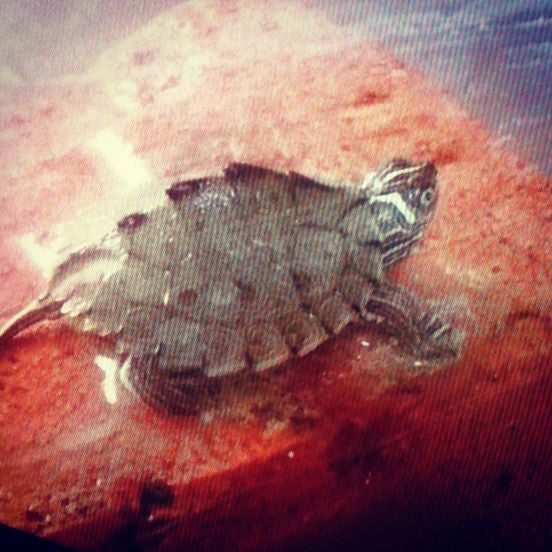 UV light vs LED light
QuestionQUESTION: I have an Wichita Map Turtle,(Though
UV light vs LED light
QuestionQUESTION: I have an Wichita Map Turtle,(Though
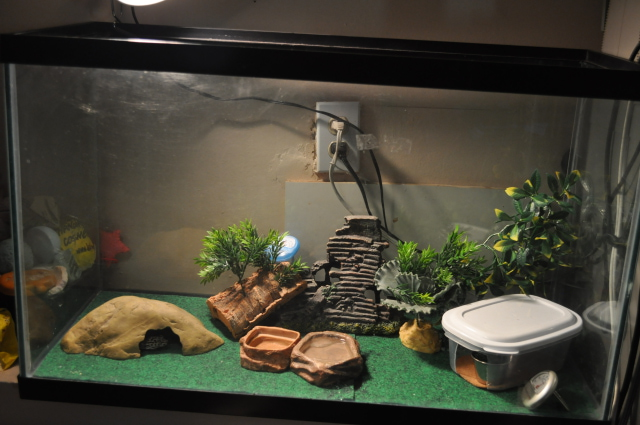 leopard gecko eye sight
Questiontank
buttons
QUESTION: hi there,
leopard gecko eye sight
Questiontank
buttons
QUESTION: hi there,
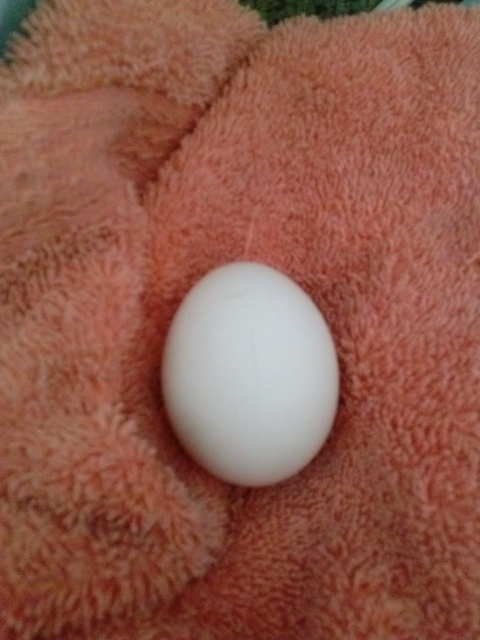 Found egg
Question
Found egg
I found an egg in my bushes a
Found egg
Question
Found egg
I found an egg in my bushes a
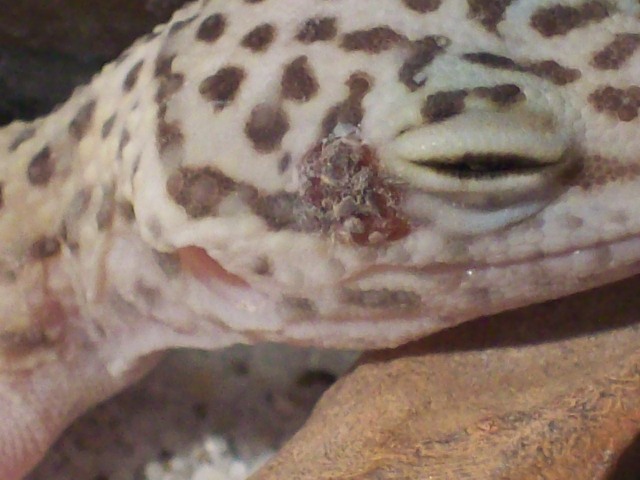 abcess on leopard gecko
QuestionQUESTION: I saw that you were recently asked a
abcess on leopard gecko
QuestionQUESTION: I saw that you were recently asked a
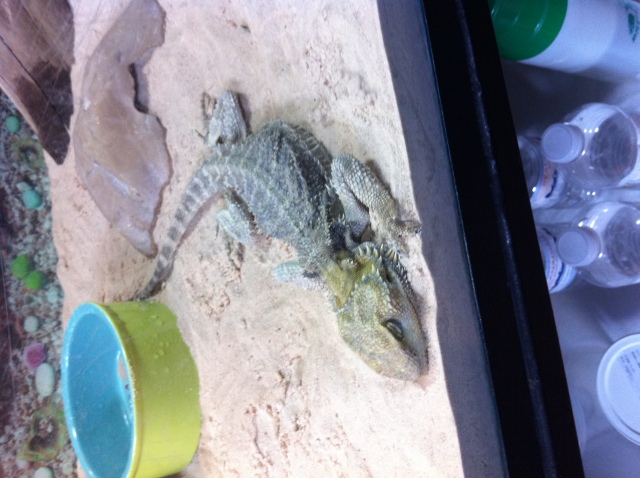 Sick Beardie
QuestionBeardie
QUESTION: Hi Tracie,
im really
Sick Beardie
QuestionBeardie
QUESTION: Hi Tracie,
im really